Meet Margaret Beaver | Author & Activist
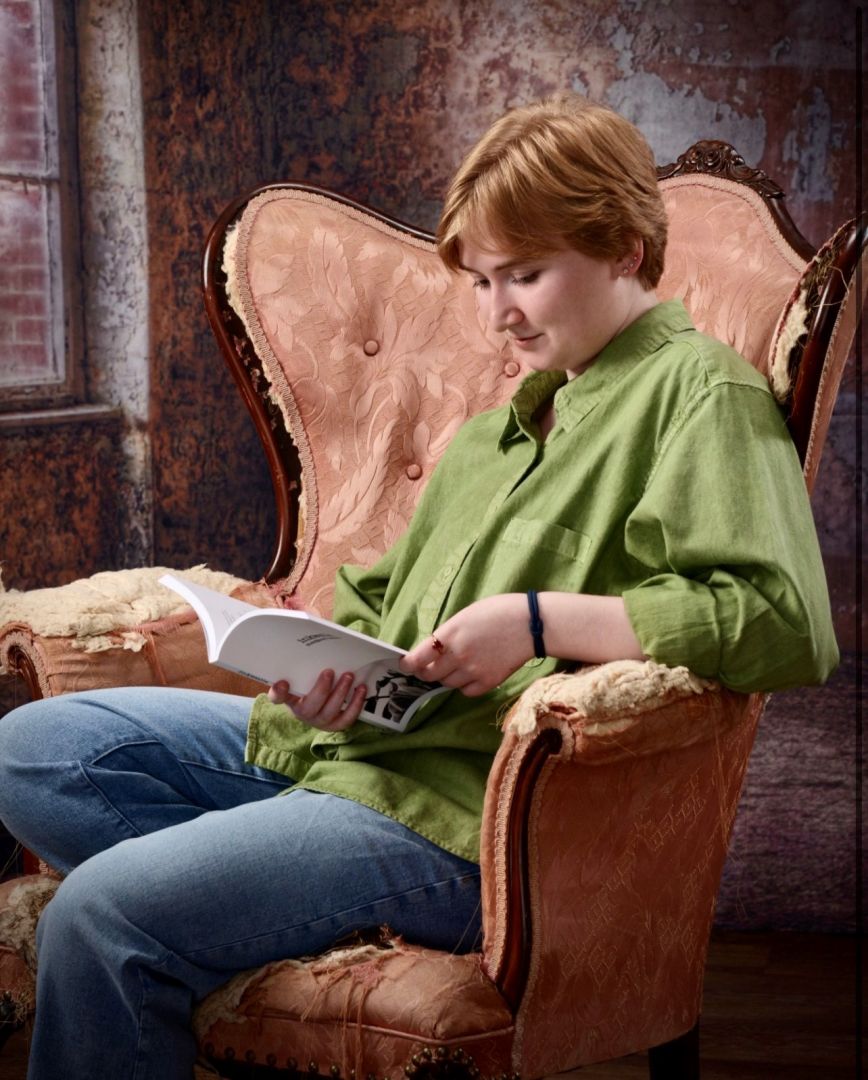

We had the good fortune of connecting with Margaret Beaver and we’ve shared our conversation below.
Hi Margaret, is your business focused on helping the community? If so, how?
I would like to think that I have made, or am capable of creating, a social impact; political and social wellbeing is one of my most integral aspirations when writing. I can very sufficiently represent myself through my key interests: mental health awareness, advocacy and solutions, and also accentuating any minority or oppressed communities across my nation, such as the LGBTQIA+ community, which I am a part of. I very much like to comment on the intersection between having a non-normalized identity and its potential impact on one’s mental health: existing within an oppressed, misunderstood, and underrepresented community very much induces emotional and psychological pressures, and the process of self-actualization, while it should be a wonderful growth, can actually be very disintegrating when you realize the scale of bigotry your newly-acquired community may face.
When it comes to what I do to serve my communities and myself, I find it very ironic that my first publication was, essentially, a nonfiction. I always identified myself as a fictional writer; I only wrote fiction as a child. Anybody could ask me, and I’d immediately say, “I deal in fiction.” I almost don’t recognize my poetry as much as I love it. It’s nearly a side thing for me, with novels being my main specialty. But one thing remains, regardless of the nonfiction or fiction categories: I am always perpetuating a meaningful commentary beneath what can be noticed on the surface. There is always an angle I seek to reach. I’m not simply interested in writing narratives; there has to be a greater, more universal prospect underlying or there’s no appeal to me. So, when it comes to what I do and what I can be known for: I am what I like to call a “literary advocate,” or someone who channels their social advocacy into their fascination for storytelling and influencing, and someone who, ultimately, hopes the world will understand what they’re trying to say.
My attraction to social work and betterment is also especially evident in my first poetry collection, inkwells., in which I’m essentially aspiring to settle the stigmas surrounding mental illness and encouraging populations to reclaim their neurodivergencies into something they can embrace. You will notice in forthcoming works, I also enjoy writing extensive commentaries surrounding humanity, and how humanity simply cannot exist when bigotry does as well.
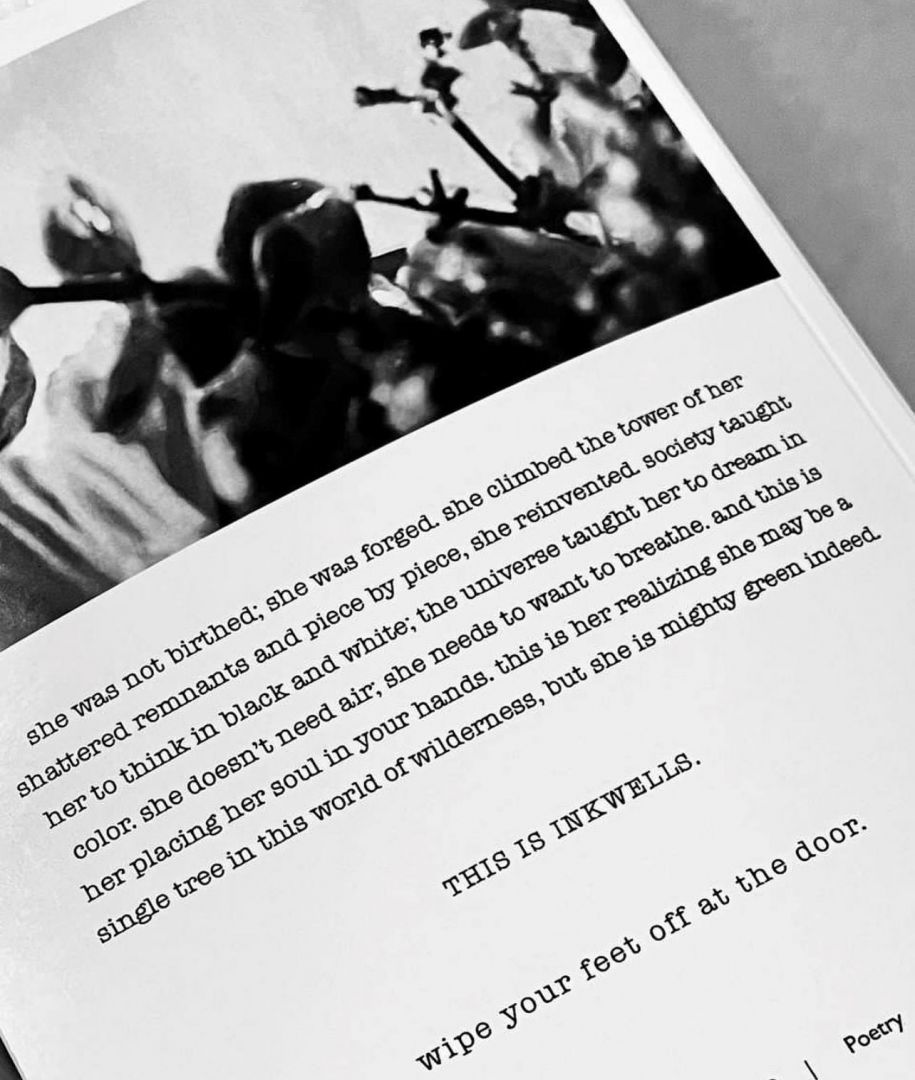
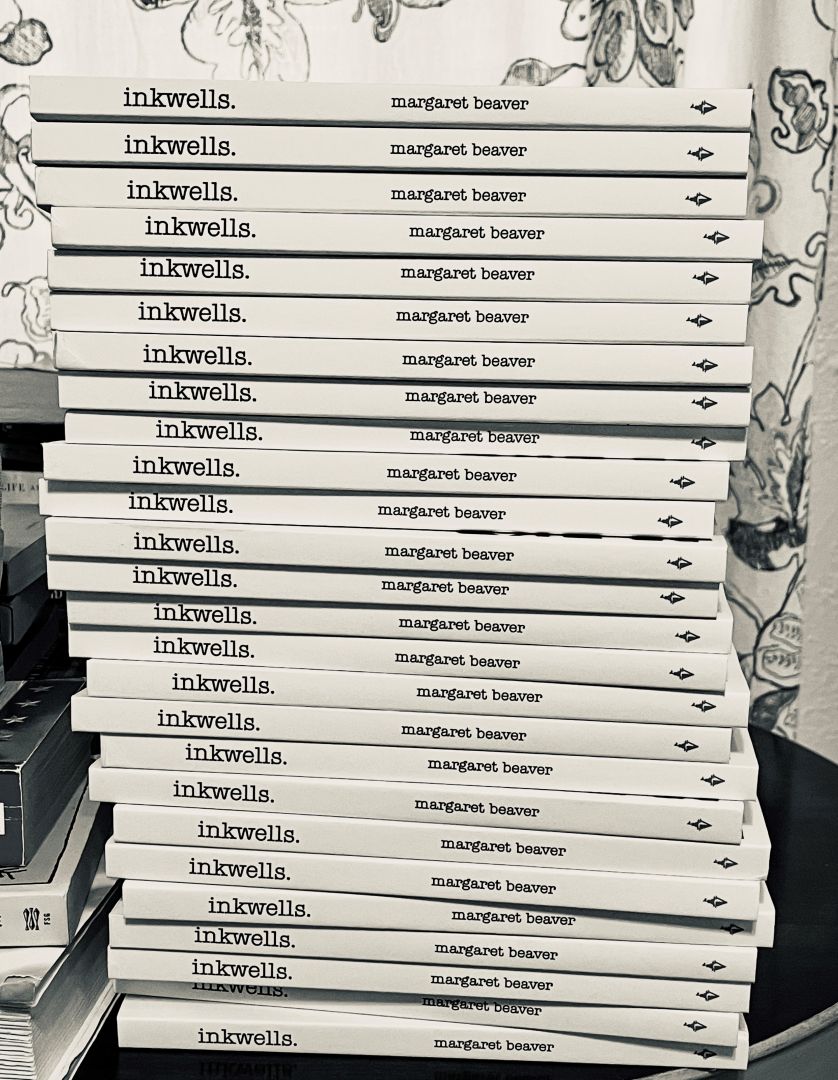
Alright, so let’s move onto what keeps you busy professionally?
People seem most infatuated with the mundane details, so I’ll start there: My name is Margaret Beaver; I’m seventeen years old; and, occupation-wise, I am an author, poet, novelist, memoirist, educator, photographer, artist, and self-proclaimed philosopher; at home, I’m the annoying little sister, frantic cat mama, and an average disaster with more books than wall space. I’ve lived in my hometown of Plano, Texas my entire life, and it was here I first hatched my creativity at the age of five, at which time I developed the fanatical habit of drawing with colored pencils on the walls, marking on furniture with Sharpie markers, and sketching the occasional illustration to accompany a fictional story I would swear to be true. At eight years old, I wrote my first semi-formatted novel, a forty-seven-page abomination about spontaneously dying butterflies, and I still keep the original manuscript shamefully tucked away in a drawer in my bedroom.
In February of 2020, just a month before I started seriously pursuing poetry, I exercised my impulsivity and submitted two of my very first poems ever written, which strangely enough elected me Topical Winner two consecutive times for the Live Poet Society of New Jersey’s “Of Love and Dedication” and “Inside of Me” publications (beginner’s luck). Featured in one publication would soon become the first poem of my collection and a fan favorite, “Sad boy.” After that, I submitted more poems for consideration and came up empty every time. The next month, I began the initial stages of composing inkwells., my debut poetry collection, out of sheer boredom (and spite). I was fifteen years old when I received my first publishing contract with Pegasus Elliot MacKenzie Publishers, and inkwells., which chronicles my struggles with mental health, was published thereafter in June of 2022.
In terms of recency, my debut novel (excluding the dying butterfly incident), Flowers for Papa, is finally coming to a press near you in late 2023 or early 2024. Accompanying it is also my second poetry collection, Seasons: August’s Collection. While my editors are tackling those catastrophes, I’ve been occupied with graduating high school and securing my position in the business side of the literary industry.
Considering the central focus of my work is emphasizing and representing the realities of mental disorders, I cannot say it has been entirely smooth sailing. The treachery of my symptoms was so great I simply could not contain them all inside myself, and in an act of release, that is when I wrote.
For how sensitive the content is, writing inkwells. was easy. It was a very easy, smooth, deliberate process. I came up with a poem very few days—sometimes I wrote multiple poems in one day—and then once I began feeling better and my symptoms were more manageable, I collected all those pages and all those files on my computer and compacted them into one document. It was never my intention to actually do anything with the poems—I hadn’t meant to write as many as I did—but after I realized I had scrawled almost twenty thousand words of pure illness, I had to comprehend the fact that I had accidentally created something that was such a genuine, unaltered, and unrestrained demonstration of the realities of mental illness. I knew I had always wanted to be a writer, but I had wholly expected to enter the literary industry by way of some fiction novel I had completely made up; I never meant for any of this.
I’ve been asked so many times—by strangers, by friends, by publishing houses— “What is your reasoning for writing this?” “What are you trying to achieve?” And the answer is very simple. For people not dealing with mental health problems, particularly anxiety, depression, or PTSD, many of the poems in this collection can feel very dark and unsettling. But this is not a work restricted to one group of people; this is not a one-sided argument. For people who aren’t struggling, this collection is knowledge; for people who are struggling, this collection is validation. These poems can be very redeeming and comforting in that they support the notion that that no one is ever alone in their condition, and there are many others who are trying to cope as best they can. Of course, I can’t speak on behalf of the entirety of the mentally ill population, but I can provide you with the knowledge that this is what someone could be feeling.
The only real challenge of the work, outside of surviving myself, was the ordering of the poems. I couldn’t decide if I wanted to group them together based on their degree of darkness or if I wanted to leave them miscellaneous. All in all, I ended up leaving the order miscellaneous because this order reflects the fluctuations of mental stability—one day, you’re fine, and then you’re not. So don’t be surprised if you read this wonderfully optimistic poem and then you turn the page, and suddenly, you’re subjected to something comparable to hellfire. That is life with mental illness.
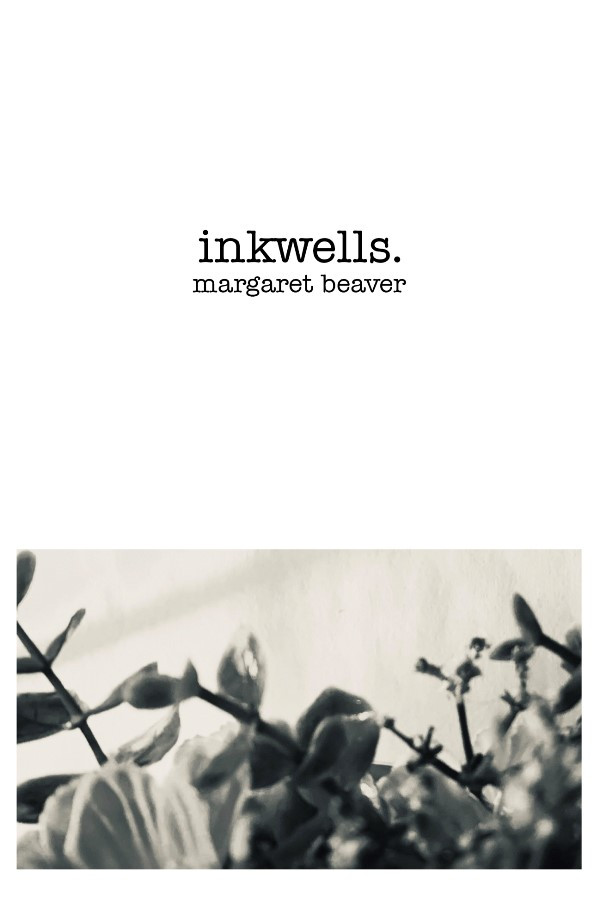
Any places to eat or things to do that you can share with our readers? If they have a friend visiting town, what are some spots they could take them to?
In all aspects of my being, I am a very obsessive worker; I’ve had teachers and counselors at my school tell me to calm down and work slower at my own pace or else I’m going to give myself an ulcer. I can’t handle having things to do and knowing they’re sitting there, waiting for me to do them, and very often I go into panic attacks if I’m overwhelmed with tasks and don’t know where to begin. Needless to say, taking breaks is very difficult for me; I want to keep working until it is all finished, completely neglecting any of my own needs or my potential exhaustion, and then I will rest, and then I will take care of myself only when the deed is done. Because of this, I’m not typically a sociable being and work much better in solitude. But, if I were showing someone around my hometown where I live, I might take them to Tino’s Too, which is a wonderful little Mexican restaurant in East Plano my mother and I frequent a lot; the waitresses have begun to recognize us, and we can order our “usual.” My mother has taken me there since I was little and, because of that, it’s become very homey to me. Other places I enjoy are the local libraries, especially when they have their quarterly book sales, and walking the shops and boutiques of downtown Plano and McKinney. I have very fond memories of visiting the Heritage Farmstead as a child, and now that I truly understand the significance of its history, I’m even more infatuated with it, so I would definitely want to go there, and also I would spend hours in and out of the history and science museums, including the Heard Natural Science Museum & Wildlife Sanctuary, in the surrounding cities. Lastly, if I weren’t from my hometown, I would think it very valuable to simply spend time in the nature and environment of a new place, so I might walk some of the local bike trails.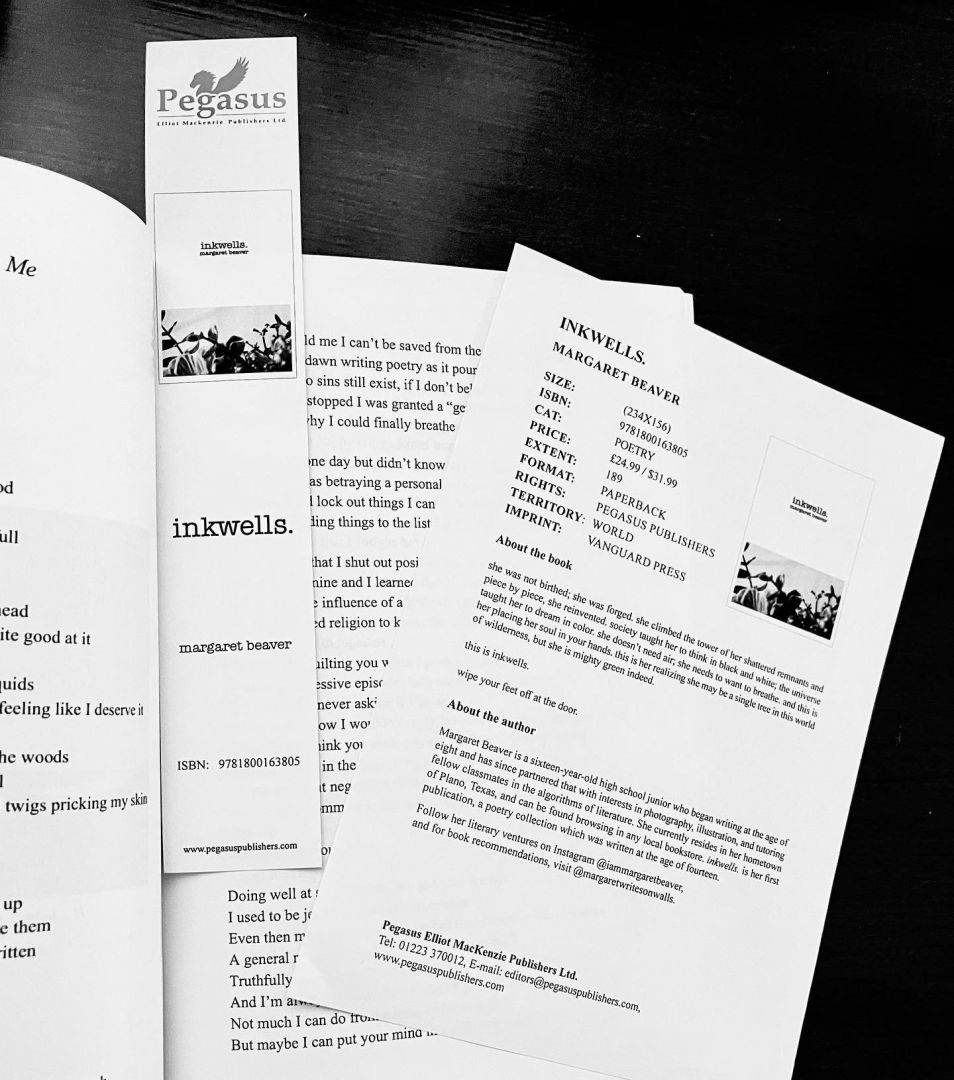
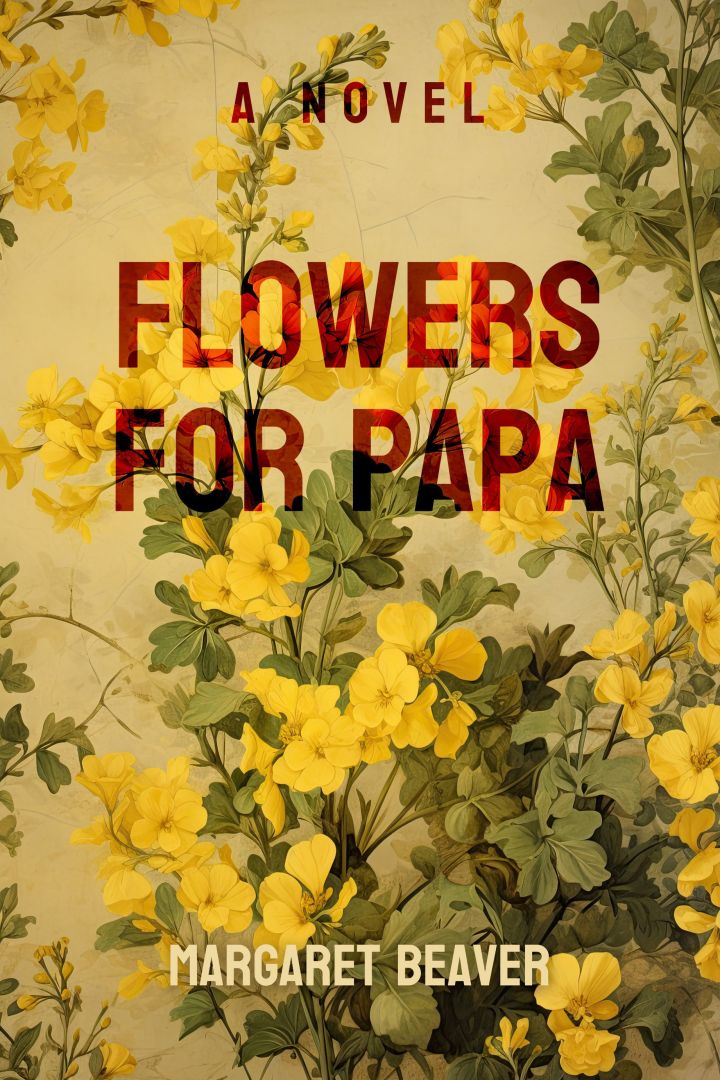
Who else deserves some credit and recognition?
I’ve spoken about it both on and off the page, but my biggest supporters and individuals I simply would not be able to live without are, firstly, my ninth grade English teacher, Mrs. Dunn, who encouraged me to begin writing and has become one of my most invaluable friends and mentors; my sixth grade English teacher, Mrs. Yake, who welcomed me when I was struggling to adapt to a new environment; and my fifth grade homeroom teacher, Mrs. Probst, who sheltered me and gave me the space and resources to learn and grow when I was under pressure. I would also like to mention my amazing doctors and practitioners who nursed me back to health: most notably, my former psychiatrist, Dr. Diana Sabagh, and my former therapist, Dr. Julie Ann Gray. And, above all, my mother, Mindee, who both saved my life and then made it worth living again.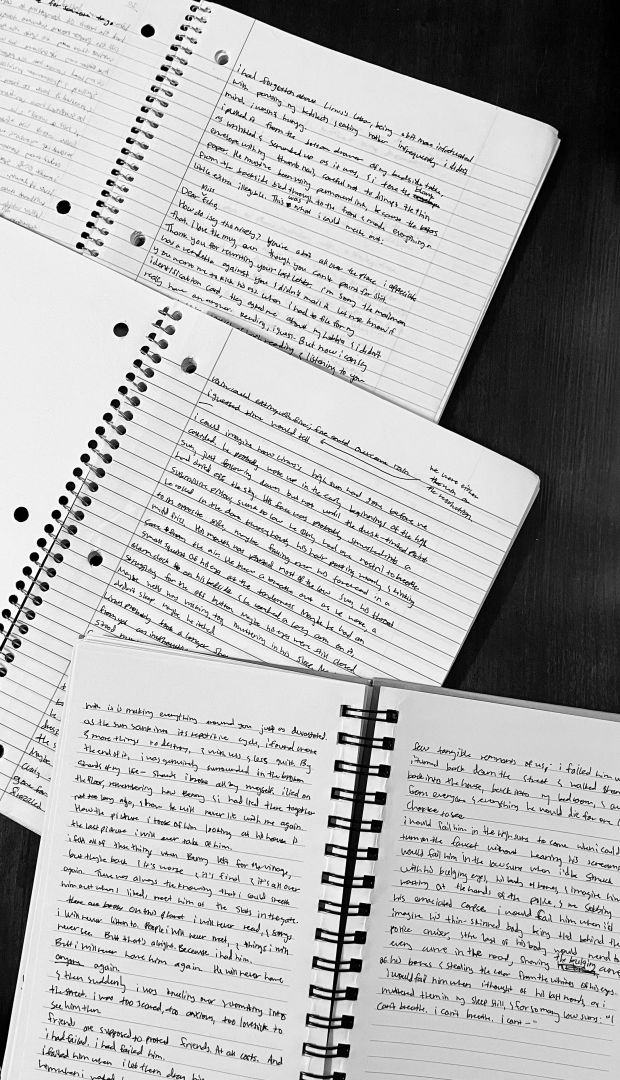
Website: www.MargaretBeaverBooks.com
Instagram: https://www.instagram.com/_margaretbeaver_/
Linkedin: https://www.linkedin.com/in/margaret-beaver-a8688624a/
Facebook: https://www.facebook.com/profile.php?id=100093717903142
Other: https://www.pinterest.com/margaretbeaver_/
Image Credits
Greg Chatmon
